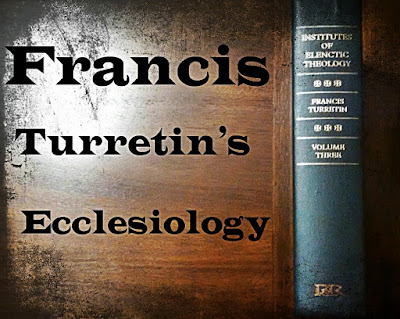Reformation Women (part 1: wives): #Refo500atDET
The #Refo500atDET series ( introduction and schedule here ) intends to deliver posts on many of the important Reformation figures that we all know and love. And that, coincidentally, I’m sure you’ll be able to read about on many other blogs and websites during this period of festivity. However, we here at DET want to take a different tack here at the beginning of our celebration by highlighting the contributions of women to the Reformation. Although they are, traditionally, much less of a focus in recounting of the Reformation, those events would never have occurred if it had not been for courageous women of deep conviction working tirelessly and – far too often, thanklessly – in the background. And sometimes the foreground, too. So let’s kick off our celebrations by remembering and honoring some of their contributions! I have to stress that I know much more about some of these figures than others. Indeed, I know very little about some of them. Hopefully collecting their names here...

